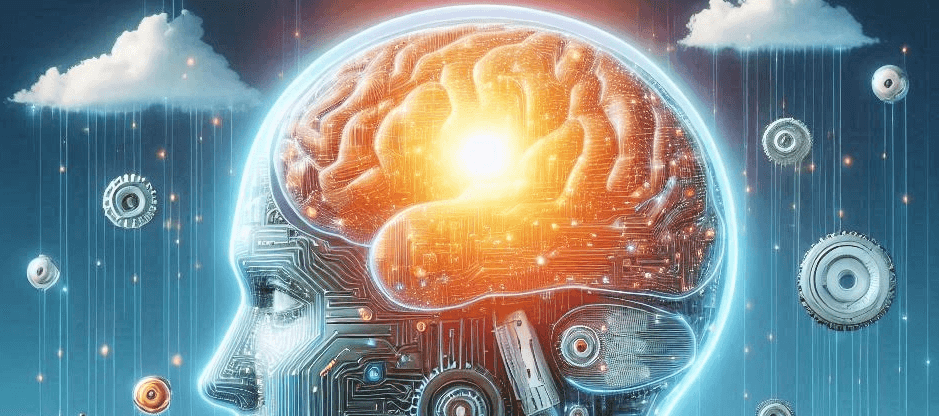
AI: Leveling the Playing Field for Everyone Introduction
Breaking Down Barriers
1. Access to Knowledge and Education
AI-powered platforms like Coursera, Khan Academy, and Duolingo are revolutionizing education. These platforms use AI to personalize learning experiences, making high-quality education accessible to people around the world, regardless of their geographical location or socioeconomic status. AI tutors and adaptive learning algorithms cater to individual learning paces, helping students from diverse backgrounds achieve their educational goals.
2. Empowering Small Businesses
Small businesses and startups often struggle to compete with larger corporations due to limited resources. AI tools for marketing, customer service, and operations are changing this dynamic. For instance:
Marketing Automation: AI-driven marketing tools like HubSpot and Mailchimp allow small businesses to automate and optimize their marketing campaigns, targeting the right audience with precision.
Customer Support: Chatbots and virtual assistants provide 24/7 customer service, enhancing customer satisfaction and freeing up human resources for more complex tasks.
Data Analytics: AI-powered analytics platforms enable small businesses to gain insights from their data, making informed decisions that drive growth.
Enhancing Healthcare Accessibility
AI is revolutionizing healthcare by improving diagnostic accuracy, streamlining administrative tasks, and personalizing treatment plans. Tele-medicine platforms powered by AI connect patients in remote areas with healthcare professionals, ensuring timely and effective care. AI algorithms analyze medical images with high precision, aiding in early detection of diseases and reducing diagnostic errors.
Fostering Innovation
AI democratizes innovation by providing tools and resources previously accessible only to large research institutions. Cloud-based AI platforms like Google Cloud AI and IBM Watson offer robust AI and machine learning tools to developers, researchers, and entrepreneurs. This access allows individuals and small teams to experiment, innovate, and bring new ideas to market without the need for extensive infrastructure.
Reducing Bias and Promoting Inclusion
AI can help reduce bias and promote inclusion in various sectors:
Recruitment: AI-driven recruitment tools like HireVue and Pymetrics use algorithms to screen candidates based on skills and experience, minimizing human biases in the hiring process.
Content Creation: AI-powered tools like Grammarly and Jasper assist writers in producing high-quality content, providing language support for non-native speakers and enhancing inclusivity.
Financial Inclusion
AI is transforming the financial sector by improving access to financial services for under-served populations. Fintech startups use AI to offer microloans, personalized financial advice, and risk assessment, helping individuals and small businesses in emerging markets access capital and financial management tools.
Empowering Artists
AI is revolutionizing the art world, enabling artists to explore new creative avenues and reach wider audiences:
Digital Art Tools: AI-powered tools like Adobe Sensei and DeepArt allow artists to create stunning digital artworks, experiment with different styles, and enhance their creative process.
Music Composition: AI-driven platforms like Amper Music and AIVA assist musicians in composing music, generating new ideas, and experimenting with different genres.
Content Discovery: AI algorithms help artists promote their work on platforms like Instagram, YouTube, and Spotify by recommending their content to potential fans based on user preferences.
Art Marketplaces: Online marketplaces like Saatchi Art and Artfinder use AI to match artists with buyers, expanding their reach and providing opportunities to sell their work globally.






